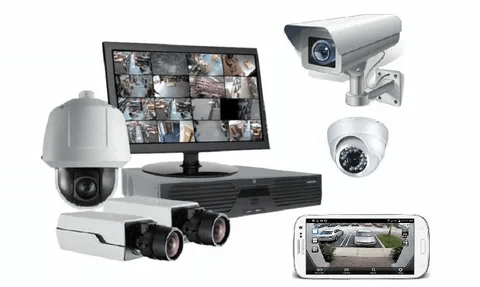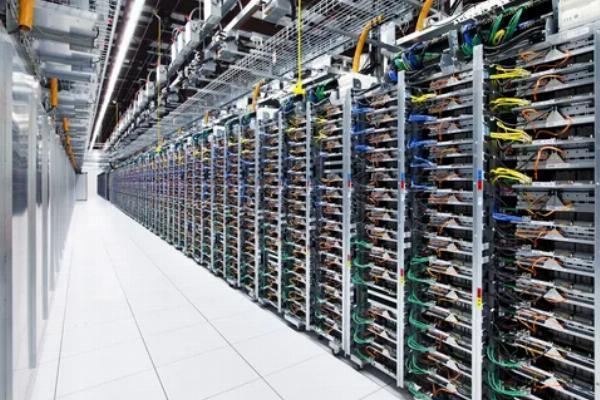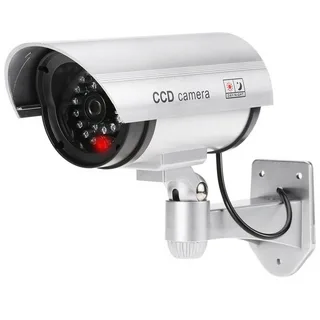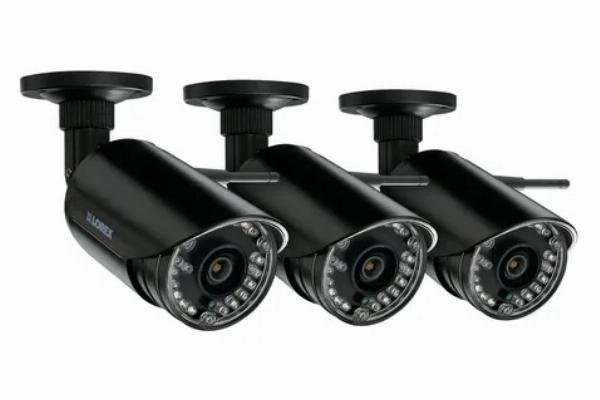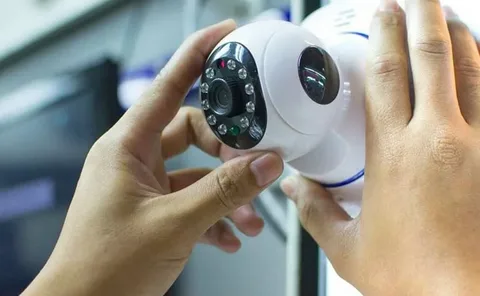Choosing Between NVR and DVR: Pros and Cons
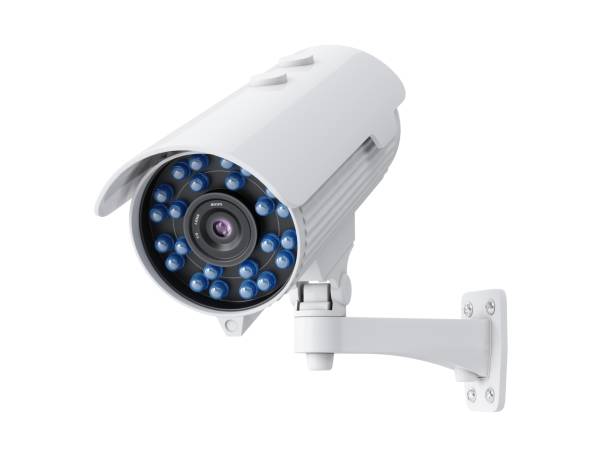
Strong 8k brings an ultra-HD IPTV experience to your living room and your pocket.
When it comes to setting up a surveillance system for your home or business, two key options often come into play: NVR (Network Video Recorder) and DVR (Digital Video Recorder). Both systems are essential for storing, recording, and managing video feeds from security cameras, but they operate differently and offer unique advantages depending on your needs. Understanding the differences between NVR and DVR, as well as their respective pros and cons, can help you make an informed decision about which is best suited for your security requirements. To ensure you make the right choice, it's important to work with the Best security company for expert guidance and setup.
What is NVR?
Network Video Recorders, or NVRs, are a newer, more advanced technology designed to work with IP (Internet Protocol) cameras. These systems capture and record video data transmitted over a network, usually through an Ethernet or Wi-Fi connection. The NVR is typically not connected directly to the cameras. Instead, the cameras themselves transmit data over the network, which the NVR then records and stores. NVR systems are ideal for modern, high-definition IP cameras and are often used in larger installations.
What is DVR?
Digital Video Recorders, or DVRs, are more traditional surveillance systems that are designed to work with analog cameras. DVR systems record video footage from security cameras connected through coaxial cables. Unlike NVR systems, DVRs require the cameras to be physically wired to the recording unit. Although DVRs have been around for a longer period, they are still commonly used today due to their simplicity and effectiveness in smaller, less complex setups.
Key Differences Between NVR and DVR
The primary difference between NVR and DVR systems lies in how the cameras are connected and how the video data is transmitted. NVR systems rely on network cables or Wi-Fi to transmit video signals, while DVR systems use coaxial cables for analog cameras. The type of cameras used with each system is also a major differentiating factor, as NVRs are compatible with IP cameras that offer higher resolution and more advanced features, while DVRs typically work with lower-resolution analog cameras.
Additionally, NVR systems are generally more flexible in terms of system expansion. They can easily accommodate more cameras by adding them to the network, whereas DVR systems have a fixed number of inputs based on the recorder’s capacity, limiting the number of cameras you can connect.
Pros of NVR Systems
One of the most notable advantages of NVR systems is their higher resolution capability. IP cameras, which work with NVRs, can capture images in resolutions as high as 4K and even 8K, providing exceptional image clarity and detail. This is ideal for large commercial installations or areas requiring high-definition surveillance, such as parking lots, warehouses, and office buildings.
NVR systems also offer more flexibility when it comes to installation and camera placement. Since NVR systems use a network to transmit video, the cameras can be installed over a larger area, without the need for extensive wiring. This makes NVR systems a better option for complex or large-scale security setups. Additionally, many NVRs are compatible with wireless cameras, allowing even more flexibility in positioning.
Another benefit of NVR systems is their ability to support advanced features like remote access, AI-powered analytics, and smart integrations. With an NVR, you can access live feeds and recorded video remotely through mobile apps or desktop software. You can also integrate features like motion detection, facial recognition, and activity zones, making the system much smarter and more responsive to real-time events.
Cons of NVR Systems
Despite the many advantages of NVR systems, they come with some limitations. One of the main drawbacks is the cost. NVR systems, especially when paired with high-definition IP cameras, tend to be more expensive than DVR systems. The higher initial cost of purchasing NVR systems can be a consideration for businesses or homeowners on a budget.
Furthermore, NVR systems require a stable and high-speed network to function optimally. A network outage or poor network performance can disrupt the camera feed and cause issues with recording. In areas with unstable internet or network connections, this could pose a problem.
Lastly, the setup and installation of NVR systems can be more complex, especially for users who are not familiar with networking. Configuring the system may require specialized knowledge, and troubleshooting can be more challenging than with DVR systems.
Pros of DVR Systems
DVR systems have several advantages, particularly when it comes to cost. Generally, DVR systems are more affordable than NVR systems, making them a popular choice for smaller installations or for those on a budget. Analog cameras are typically less expensive than IP cameras, which helps keep the overall cost of the system lower.
The installation of DVR systems is also relatively simple. Since DVR systems use coaxial cables to connect the cameras to the recorder, they do not require a network setup or any knowledge of networking protocols. This makes DVR systems easier to install for individuals without technical expertise.
DVR systems are also more reliable in areas with unstable or limited network connections. Since the cameras are wired directly to the recorder, the video signal is less likely to be interrupted by network issues, making DVR systems a solid choice in regions with poor internet connectivity.
Cons of DVR Systems
While DVR systems are simpler and more cost-effective, they do have limitations when compared to NVR systems. The most obvious drawback is the lower resolution offered by analog cameras. DVR systems typically record in lower quality, such as 720p or 1080p, which may not be sufficient for situations that require high-definition clarity.
Additionally, DVR systems are less flexible when it comes to scaling and expanding the system. Each DVR has a fixed number of camera inputs, which means you can only connect as many cameras as the system allows. Expanding the system requires purchasing additional recorders, which can become costly and inefficient as your security needs grow.
The wiring required for DVR systems can also be cumbersome, particularly for larger installations. Coaxial cables must be run to each camera, and the installation process can be time-consuming and complicated in large areas.
Conclusion
When choosing between NVR and DVR systems, it ultimately comes down to your specific needs and budget. NVR systems are ideal for larger installations where high resolution and flexibility are required. They offer advanced features, better scalability, and more options for future expansion. However, they come at a higher cost and require more technical knowledge to set up and maintain.
On the other hand, DVR systems are more affordable and easier to install, making them a good choice for smaller setups or for those who prioritize simplicity over advanced features. While they lack the high-definition resolution and scalability of NVR systems, they remain a reliable and cost-effective option for basic surveillance needs.
Note: IndiBlogHub features both user-submitted and editorial content. We do not verify third-party contributions. Read our Disclaimer and Privacy Policyfor details.



